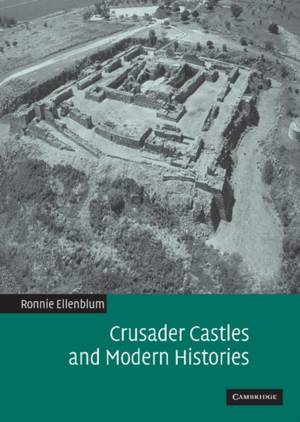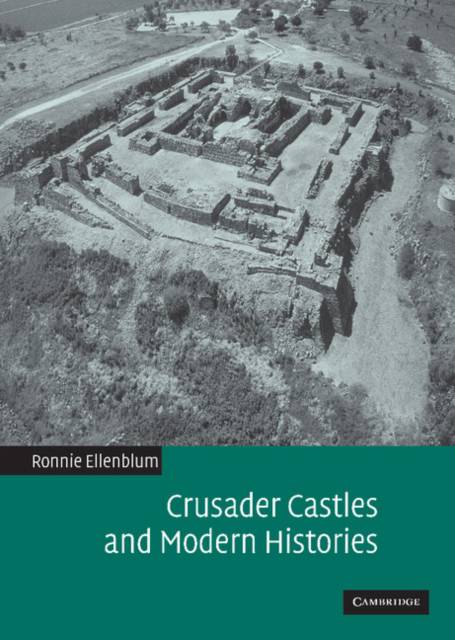
- Afhalen na 1 uur in een winkel met voorraad
- Gratis thuislevering in België vanaf € 30
- Ruim aanbod met 7 miljoen producten
- Afhalen na 1 uur in een winkel met voorraad
- Gratis thuislevering in België vanaf € 30
- Ruim aanbod met 7 miljoen producten
Zoeken
€ 129,95
+ 259 punten
Uitvoering
Omschrijving
For the last 150 years the historiography of the Crusades has been dominated by nationalist and colonialist discourses in Europe and the Levant. These modern histories have interpreted the Crusades in terms of dichotomous camps, Frankish and Muslim. In this revisionist study, Ronnie Ellenblum presents an interpretation of Crusader historiography that instead defines military and architectural relations between the Franks, local Christians, Muslims and Turks in terms of continuous dialogue and mutual influence. Through close analysis of siege tactics, defensive strategies and the structure and distribution of Crusader castles, Ellenblum relates patterns of crusader settlement to their environment and demonstrates the influence of opposing cultures on tactics and fortifications. He argues that fortifications were often built according to economic and geographic considerations rather than for strategic reasons or to protect illusory 'frontiers', and that Crusader castles are the most evident expression of a cultural dialogue between east and west.
Specificaties
Betrokkenen
- Auteur(s):
- Uitgeverij:
Inhoud
- Aantal bladzijden:
- 376
- Taal:
- Engels
Eigenschappen
- Productcode (EAN):
- 9780521860833
- Verschijningsdatum:
- 29/01/2007
- Uitvoering:
- Hardcover
- Formaat:
- Genaaid
- Afmetingen:
- 166 mm x 229 mm
- Gewicht:
- 721 g

Alleen bij Standaard Boekhandel
+ 259 punten op je klantenkaart van Standaard Boekhandel
Beoordelingen
We publiceren alleen reviews die voldoen aan de voorwaarden voor reviews. Bekijk onze voorwaarden voor reviews.











